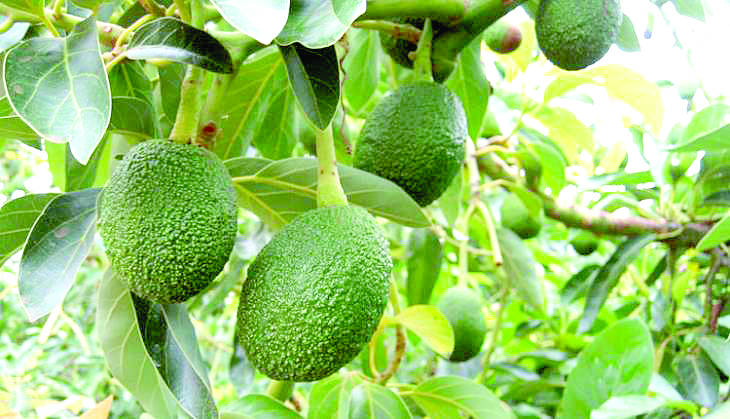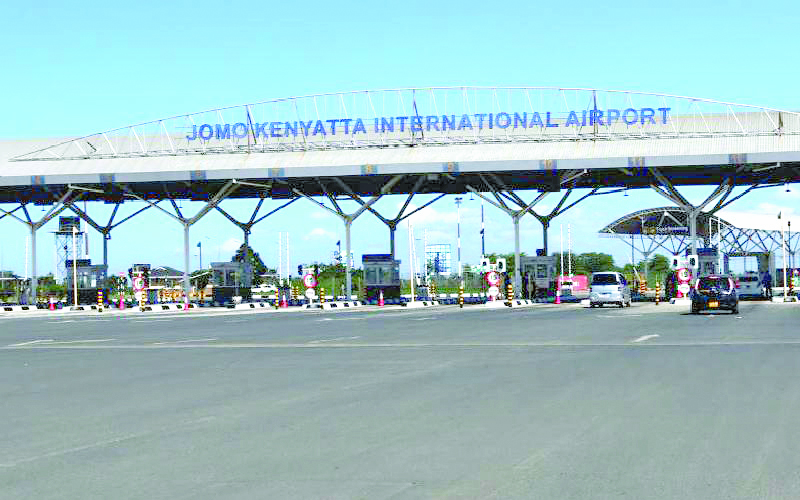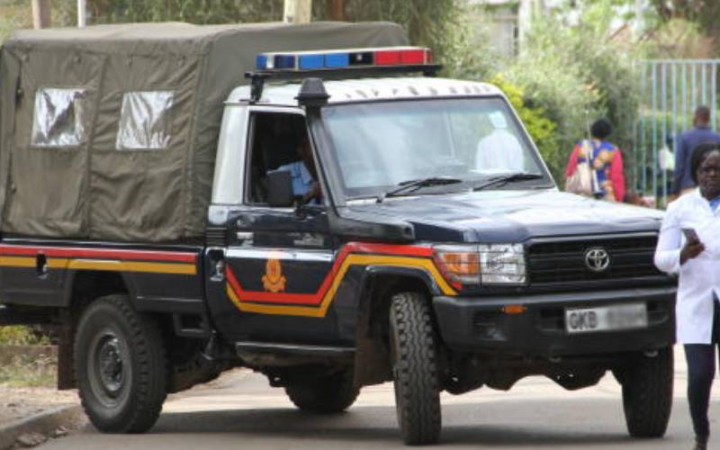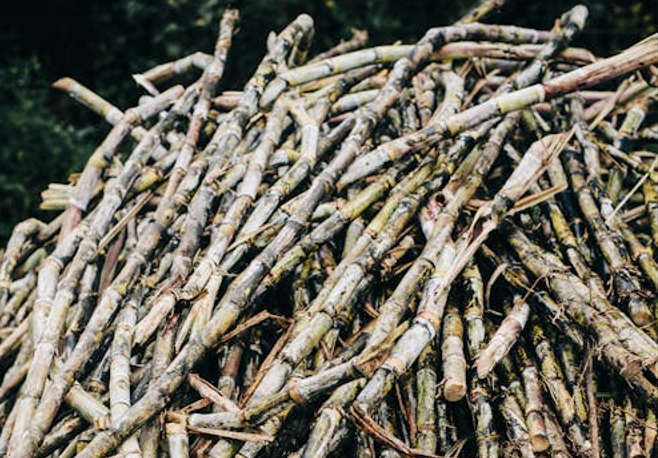Reprieve for farmers as EU ranks Kenya as low-risk in new deforestation rules

The European Union has ranked Kenya as a low-risk country under its new deforestation regulations, offering exporters a reprieve from emerging compliance costs.
According to the EU Ambassador to Kenya, Henriette Geiger, Kenya is considered a low-risk country and will not face a stringent assessment under the new EU rules.
This revelation was made during a meeting with the Agriculture and Livestock Development Cabinet Secretary, Mutahi Kagwe, on Wednesday, June 18, 2025.
Furthermore, she stated that the EU will continue to consult its partner nations to evaluate the real-world impact of such regulations.
On his part, Kagwe stated that the country’s tree cover is steadily increasing, enhanced by the expansion of crops such as avocado and coffee, which contribute to reforestation efforts.

However, he warned against what he termed shifting goalposts that could jeopardise Kenya’s competitiveness in the European market.
“If you must shift the goalpost, provide support. These regulations increase the cost of production for Kenyan farmers,” Kagwe said.
EU deforestation law
This announcement comes as the EU is expected to implement the EU Deforestation Regulation (EUDR) law by December 2025.
The law, designed to ensure that products placed on the EU market are deforestation-free and produced in compliance with the laws of the country of origin, entered into force in June 2023, targeting commodities like cattle, cocoa, coffee, palm oil, rubber, soy, and wood.
The regulation aims to minimise the EU’s contribution to deforestation and forest degradation globally while also supporting biodiversity and climate action.
The European Commission has adopted an implementing regulation that classifies countries based on their risk of deforestation.
The law was introduced shortly after Kenya had successfully implemented the False Codling Moth (FCM) Systems Approach Protocol for rose flower exports.
KEPHIS reported a drastic reduction in flower interceptions at EU borders, with none recorded last month and only one this month, following the implementation of the system. This has strengthened Kenya’s phytosanitary compliance and protected a vital export sector.
Despite the progress, exporters have raised concerns over the current 25 per cent sampling rate for flower consignments, arguing that it is too high.
KEPHIS has urged the EU to consider reducing this to between 5 per cent and 10 per cent and called for the deployment of more inspectors to facilitate smoother export processes.
Kenya exports more than 60 million stems of cut roses daily to the EU and UK, making efficiency in the value chain critical.















